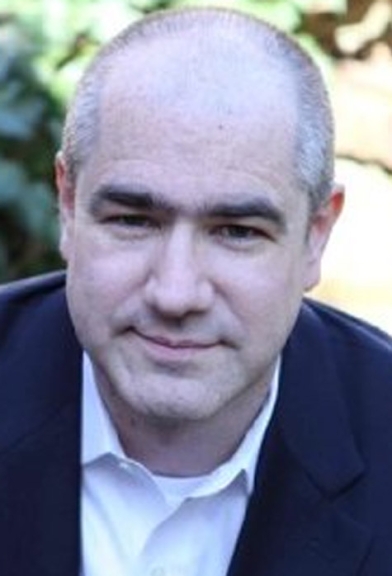Will Dobson ’95
Washington Bureau Chief, Slate Magazine, and author of The Dictator’s Learning Curve (Doubleday, 2012)

History
Washington Bureau Chief, Slate Magazine, and author of The Dictator’s Learning Curve: Inside the Global Battle for Democracy (Doubleday, 2012)
My history major opened everything up for me.
What have you done since graduating from Middlebury?
I really thought I was going to end up as an academic. I got a fellowship at the Carnegie Endowment for International Peace in Washington; then, as a junior editor at Foreign Policy, I saw unvarnished submissions from writers I held in high regard, and I had an incredible epiphany: their final products benefitted greatly from other people’s editing and ideas. I naturally thought, why not write this myself? I started writing to the New York Times. I got published, and soon I was writing all the time. Then I went to Foreign Affairs magazine, where the editor set me up to run the magazine, an incredible amount of responsibility at 23. Having won a Truman Scholarship as an undergraduate, I then pursued dual degrees in East Asian studies and law at Harvard.
Subsequently, the editor of Newsweek International, my mentor, hired me to be his Asia editor; I organized coverage from Afghanistan to Australia. I then spent five years as managing editor of Foreign Policy, and we became an award-winning publication. When we sold the magazine in 2008, I went back to Carnegie to work on my book proposal. I spent the next thee years in Russia, China, Egypt, Venezuela, and Malaysia, meeting with people who served the regime or who were trying to overturn it. It was difficult and wonderful and the hardest thing I’ve ever done. I completed the book in 2012 and then started at Slate as political editor.
How has your major influenced your life since graduation?
My history major opened everything up for me. My fascination with China is rooted in my study of Chinese history. It made me a better analyst of events in China, a civilization that is both ancient and modern, because I can see the historical analogs to events today in things that are very much rooted in China’s past. I so thoroughly enjoyed the immersive process of writing my senior thesis; I knew this was something I wanted to do. My job is to work with ideas, create interesting arguments that will challenge people’s thinking or give them a different vantage point, and construct an essay or article that explains why a story matters. My history degree taught me how to use facts, data, previous historical interpretations, and ideas, to offer insight and meaningful analysis to help people understand what is going on in the world today.
What advice do you have for current history majors as they consider their futures?
You can do anything with a history degree. A liberal arts education is not about specialization; it is about learning to think, learning to write, analyze, and create and question. My experience studying Chinese history and history at large ended up being somewhat practical, but it didn’t need to be. What I learned would have informed my career no matter what I did.

